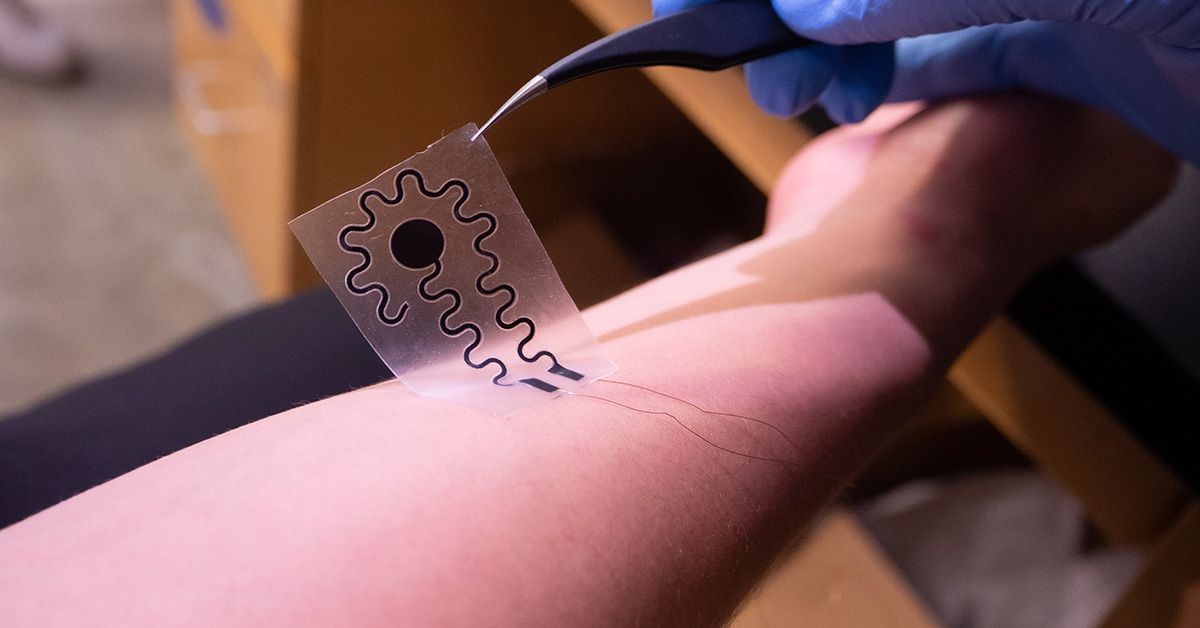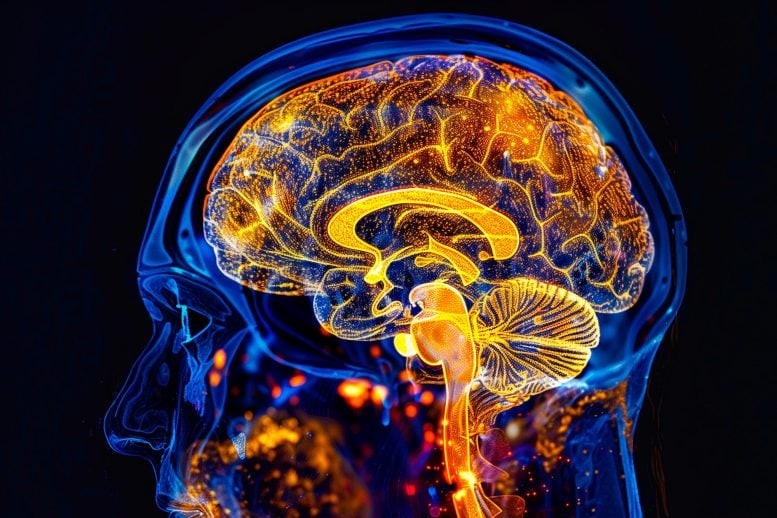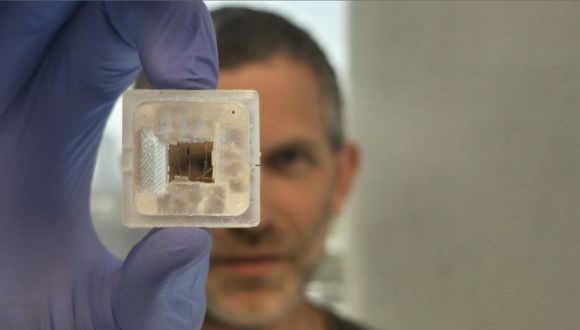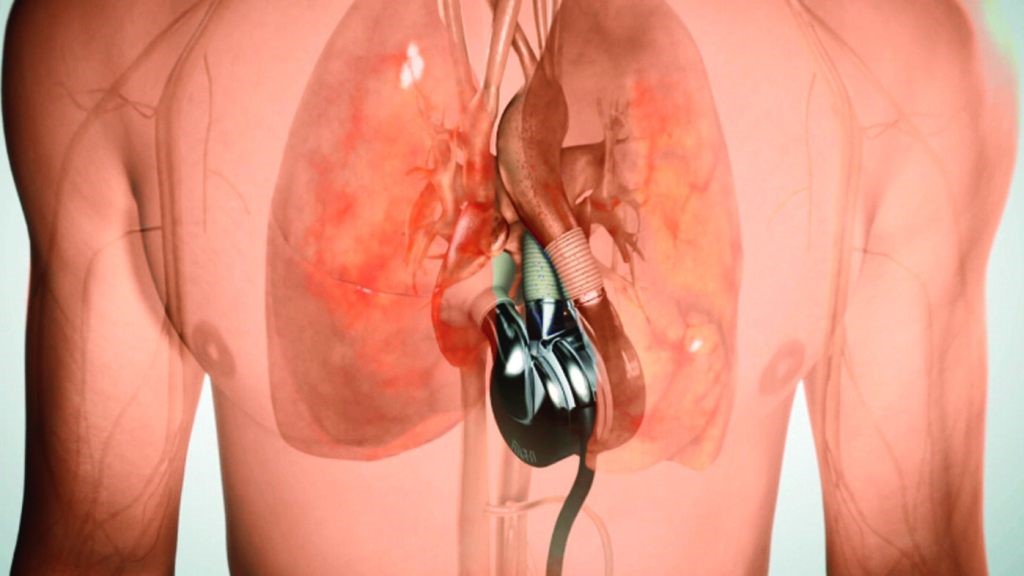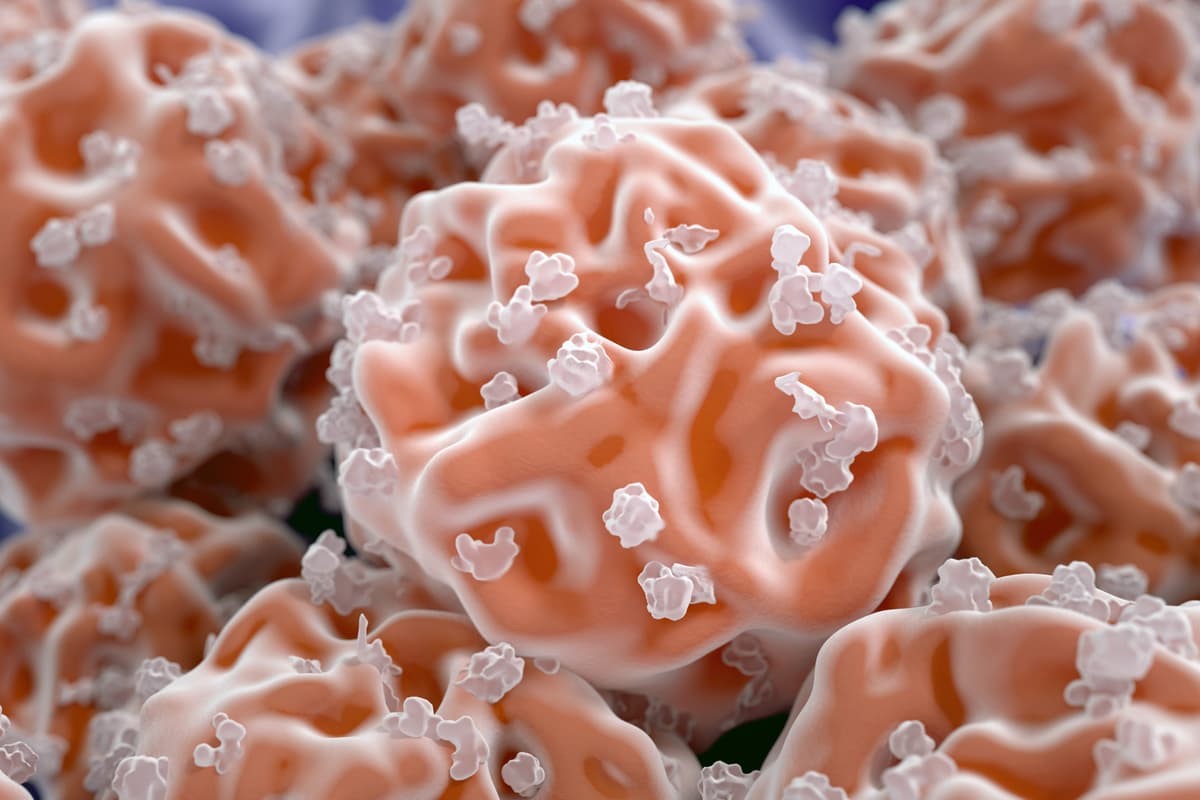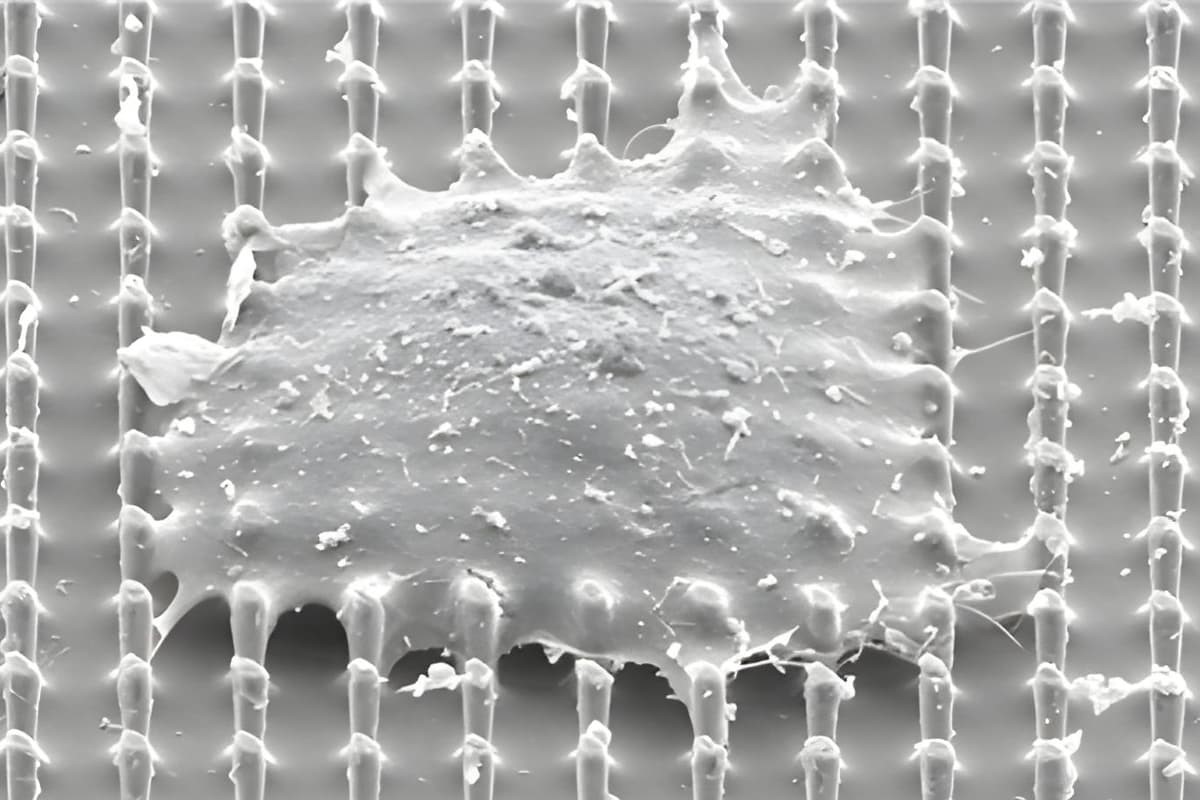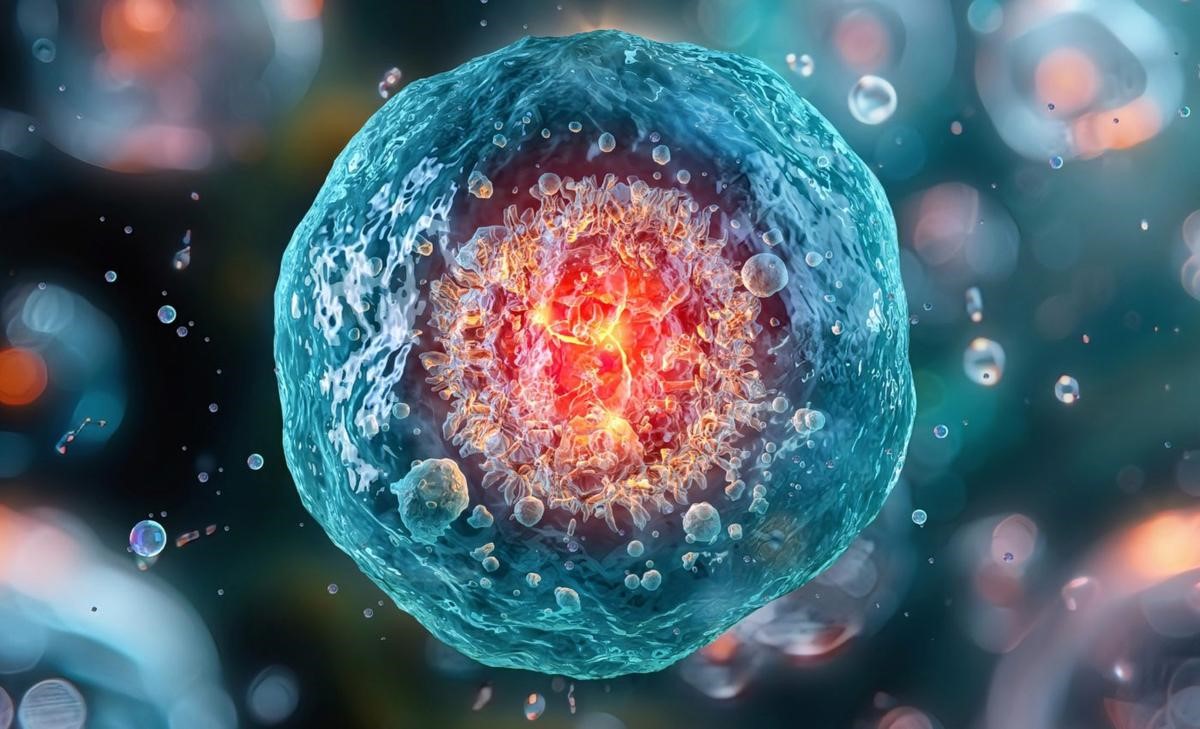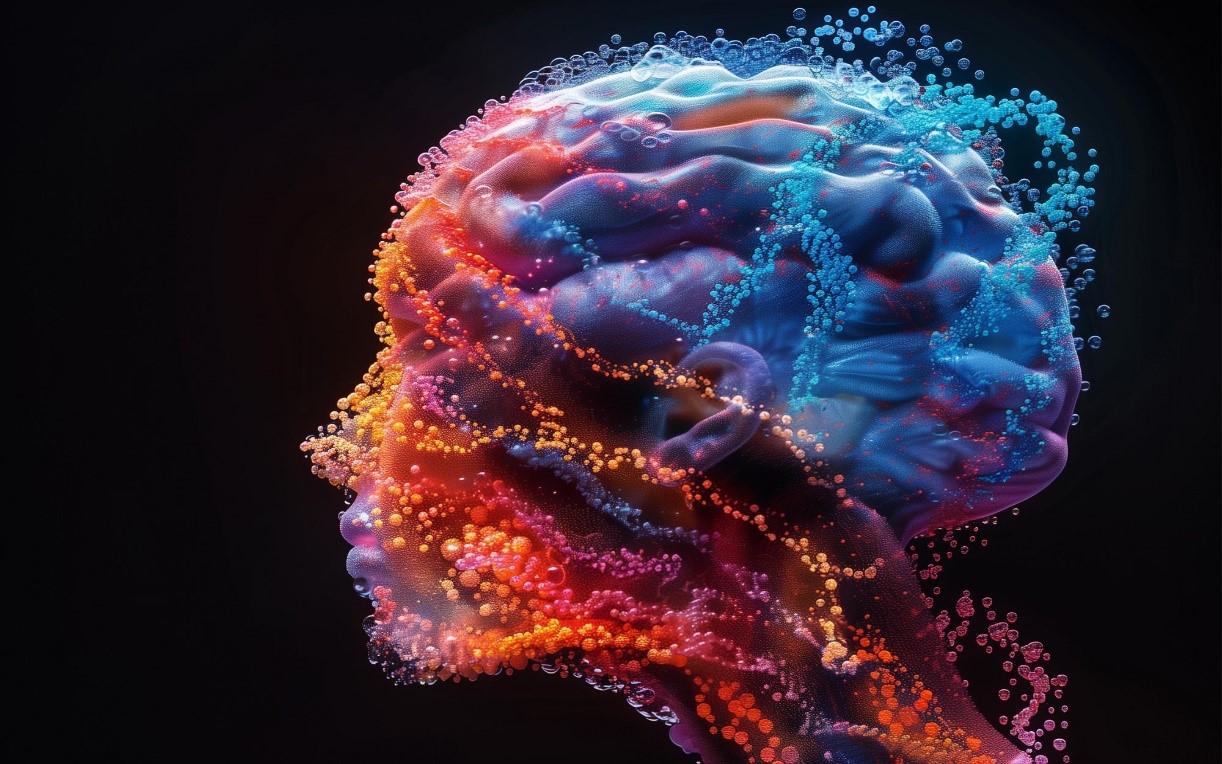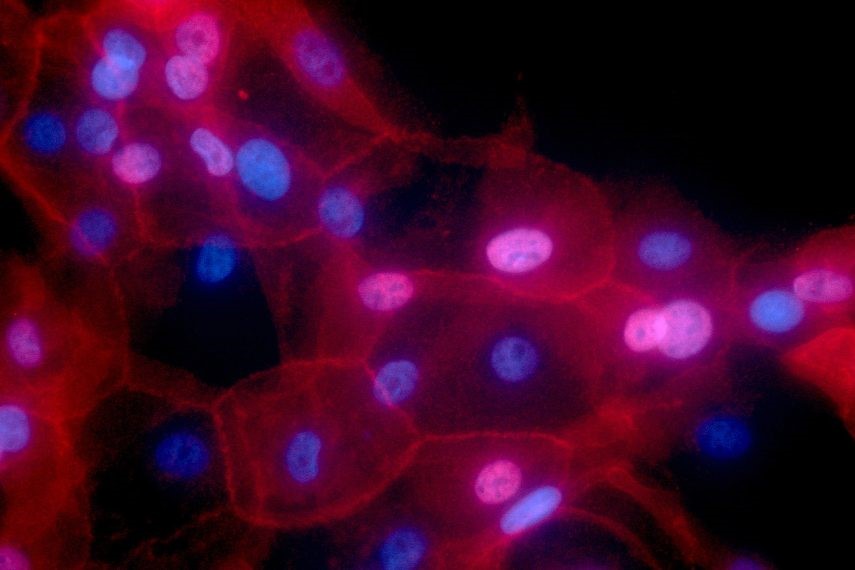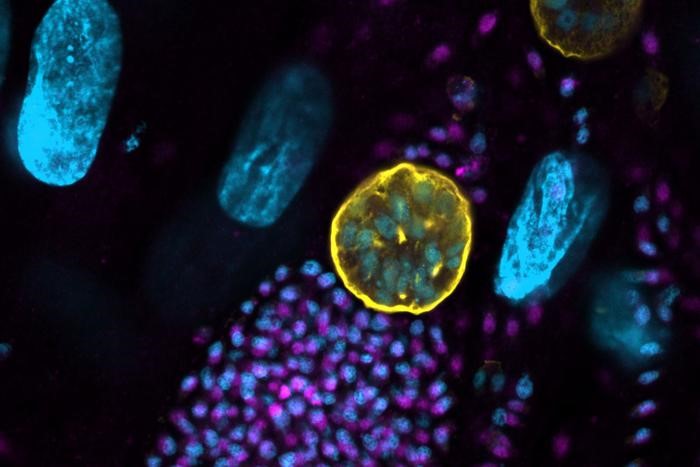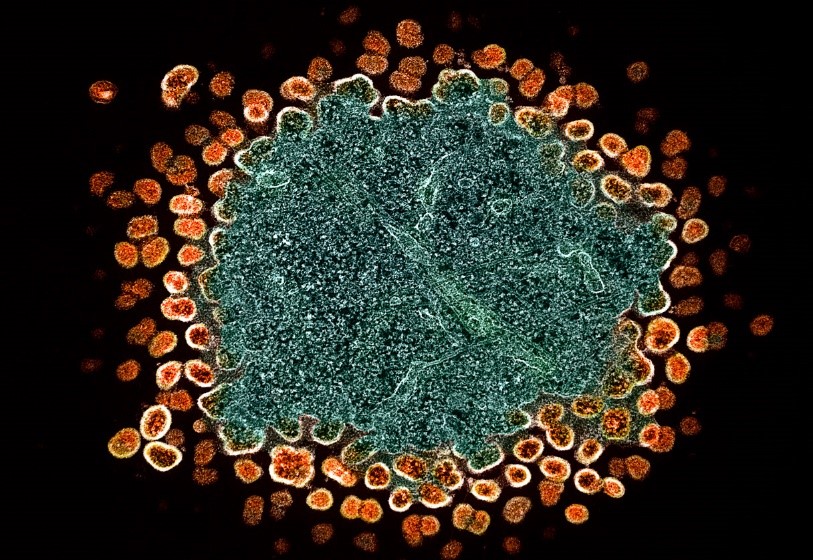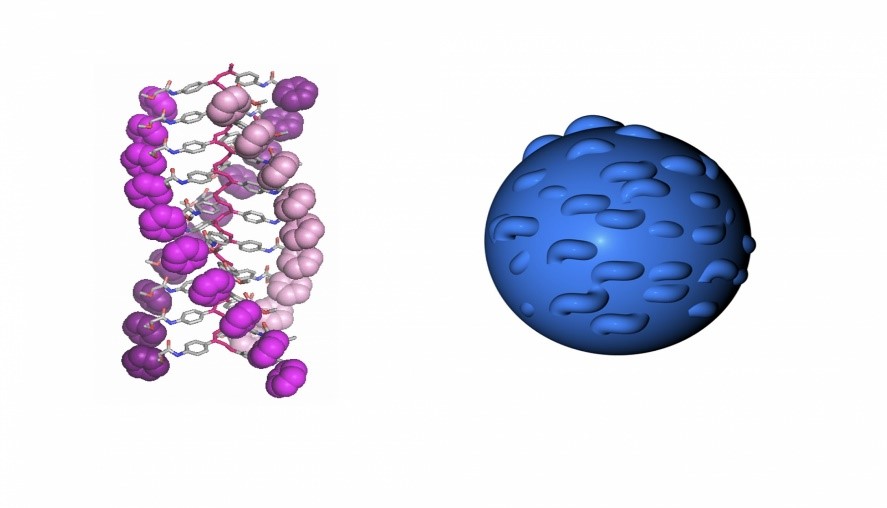A New Study Reveals That When Muscles Are Exercised, They Promote the Growth of Neurons
A recent study by MIT engineers has revealed that exercise can aid nerve growth at the neuronal level. The researchers discovered that muscle contractions during exercise release biochemical signals, known as myokines, which promote the growth of neurons. Neurons exposed to myokines grew four times farther than those not exposed. In addition to these biochemical signals, the study found that physical movements—such as the back-and-forth motion of muscles during exercise—also triggered significant neuron growth.
This is the first study to demonstrate that both biochemical and physical effects of exercise play a crucial role in nerve growth, shedding new light on the connection between muscles and nerves. The findings, published in Advanced Healthcare Materials, could pave the way for therapies aimed at repairing damaged or deteriorating nerves, particularly in cases of nerve injury or neurodegenerative diseases.
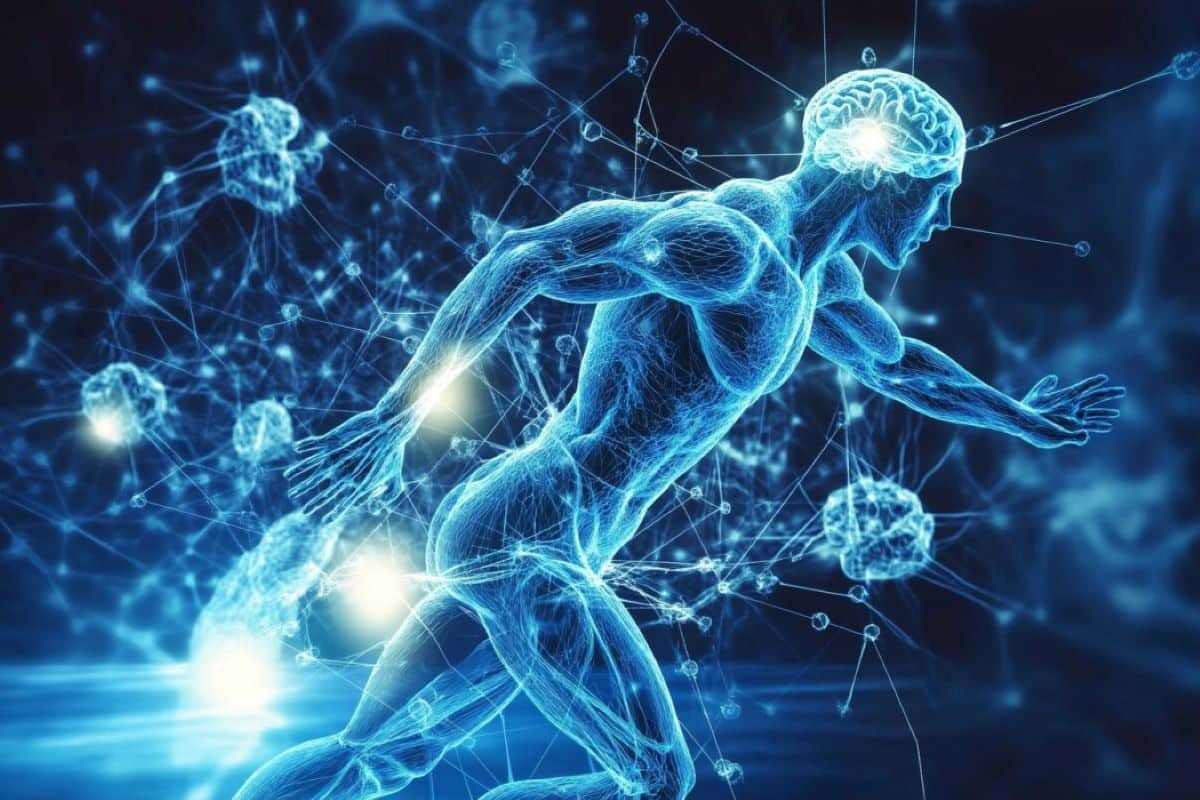
Figure 1. Exercise Boosts Neuron Growth, Study Finds
The researchers hope this discovery could lead to treatments that encourage nerve healing by stimulating muscle activity, potentially restoring mobility for individuals suffering from nerve damage. Figure 1 shows Exercise Boosts Neuron Growth, Study Finds.
Muscle Communication
In 2023, Raman and her team made a breakthrough by restoring mobility in mice with traumatic muscle injuries. They did this by implanting muscle tissue at the injury site and then stimulating it with light to mimic exercise. Over time, this helped the mice regain motor function, bringing their activity levels in line with healthy mice.
Upon analyzing the grafted muscle, the researchers discovered that regular exercise of the grafted tissue prompted it to release biochemical signals that encouraged the growth of nerves and blood vessels.
“This was intriguing because we usually think of nerves controlling muscles, but we don’t often consider muscles communicating back with nerves,” says Raman. “This led us to wonder if stimulating the muscle was encouraging nerve growth. While some people thought that might be true, others suggested other factors, like the immune system, could be influencing nerve growth too.”
In their new study, the researchers aimed to isolate the impact of muscle activity on nerve growth. They grew mouse muscle cells into long fibers, which fused to form a small sheet of mature muscle tissue, about the size of a quarter.
The team genetically engineered the muscle to contract in response to light, enabling them to simulate exercise by flashing light to make the muscle contract, mimicking the process of exercise. Raman had previously developed a gel mat that supported the muscle tissue and allowed it to remain intact while being exercised.
The researchers then collected the surrounding solution in which the muscle was exercised, hypothesizing that it contained myokines—biochemical signals such as growth factors, RNA, and various proteins.
“Myokines are essentially a biochemical mix that muscles secrete, some of which could be beneficial for nerves, while others may not have any effect,” Raman explains. “Muscles continuously release myokines, but exercise increases the quantity of these signals.”
"Exercise As a Therapeutic Tool"
The MIT team found that both biochemical and physical effects of exercise can stimulate neuron growth. When motor neurons were exposed to a solution of myokines released during muscle exercise, they grew four times faster than unexposed neurons. Additionally, mechanical stimulation of neurons—mimicking muscle movement—led to similar growth benefits. These findings suggest that exercise’s impact on nerve growth could help develop therapies for nerve damage and neurodegenerative diseases like ALS. The team plans to explore how targeted muscle stimulation can aid in nerve healing and restore mobility.
Source: MIT News
Cite this article:
Janani R (2024), A New Study Reveals That When Muscles Are Exercised, They Promote the Growth of Neurons, AnaTechMaz,pp. 266


